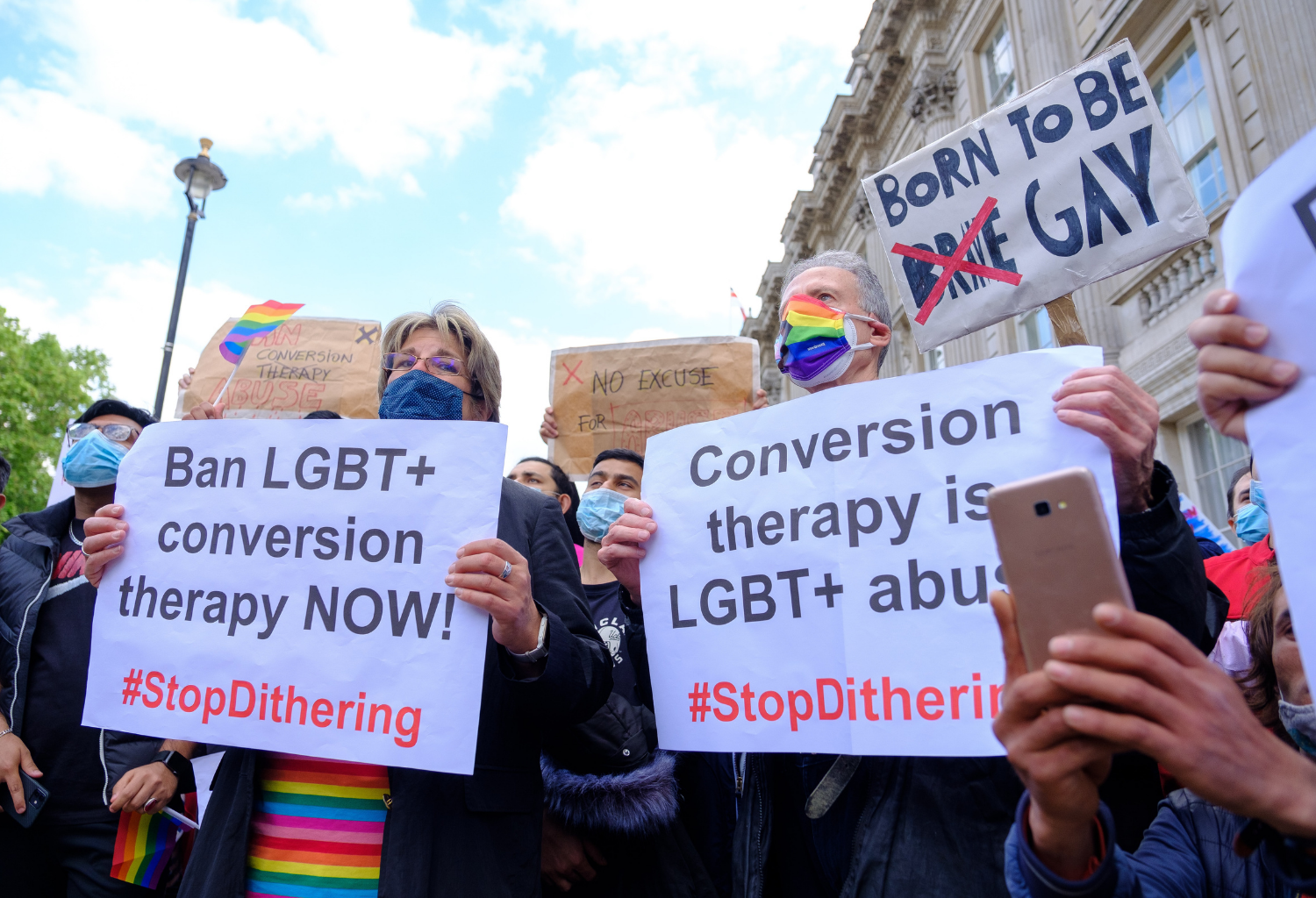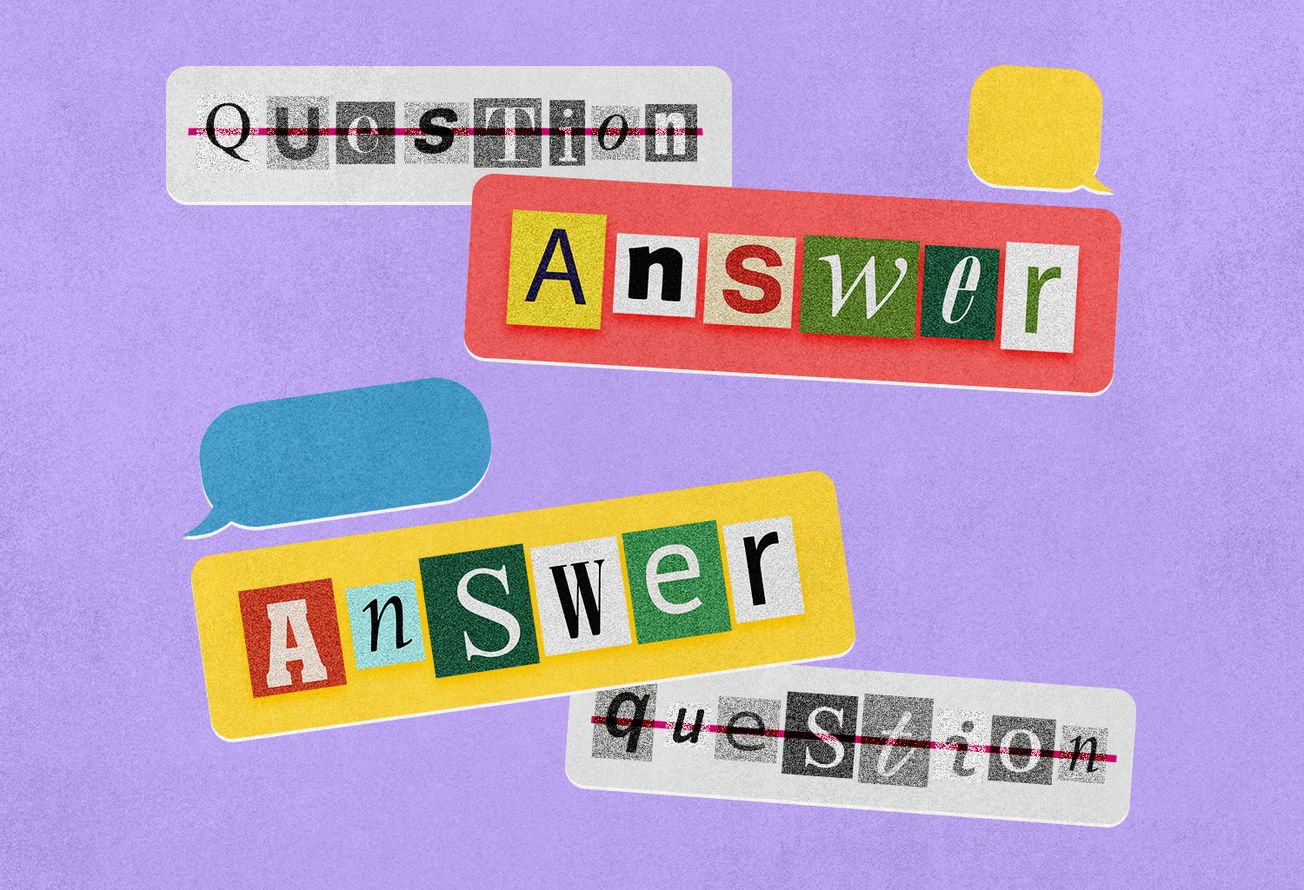Like all relationships, queer relationships can be unhealthy, even abusive. However, getting people to understand the challenges of queer intimacy is exceptionally hard. Abuse, even in heterosexual relationships, is understood poorly through stereotypes. People imagine raging alcoholic men assaulting docile women when, in reality, men who seem perfectly reasonable are the perpetrators, and the women they target are far from submissive. The dynamics of intimate partner violence are complex. Since queer relationships are still not entirely socially accepted, queer intimacy and intimate partner abuse are pushed underground, trapping the most vulnerable queer folks in abusive relationships.
Sonali, a 24-year-old transwoman from Delhi, spoke to me over the phone in November 2022. Her work at a non-profit organisation for queer persons often keeps her engaged over weekends. She takes a lunch break to discuss the unique vulnerabilities of trans-feminine partners in relationships with me. She says abandonment is almost always a big part of transwomen's journey. Many are ousted from childhood homes before they turn eighteen and have no educational, financial, or social capital. According to Sonali, transwomen are forced into exploitative relationships because of the stigma. They realise quite early that they are valued by potential partners in a sexual capacity and cannot expect dates, go out, or hold hands in public. Many find themselves in relationships with cis-men who refuse to acknowledge them publicly. In some cases, cis-men string transwomen along secretly until or even after their marriage with cis-women approved by their families. The absence of social and legal validation in hidden relationships creates room for abuse and leaves no room for redressal.
In the rare case that a transwoman finds a supportive partner who publicly acknowledges her, it becomes incredibly hard to navigate abuse. Holding on to the initial promise of the relationship creates an emotional cocktail of hope, insecurity and despair. Sonali's relationship with a cishet man was wonderful in the first year. As she continued her transition journey and explored ways of expressing herself, her partner started controlling her decisions, restricting her choices, and invading her privacy. The coercion and emotional abuse quickly escalated into physical abuse and reckless infidelity. Sonali supported him financially, catered to his emotional needs and even bought him a car to retain the relationship. After he ousted her from the house she owned, she finally decided to end the relationship. A few months later, she had to call the police when he reappeared in the middle of the night, threatening to harm himself. Despite her attempt to curtail his self-harming behaviour, she was shamed by his family at the police station and threatened with arrest. Sonali managed to prove his assault, free herself, and get a restraining order against him. But this is not how stories of transwomen in abusive relationships usually end.
For a person who has been abandoned and discriminated against repeatedly, leaving a promising relationship that turns abusive is a draining act of self-rescue. Even when the relationship is not abusive, the odds are stacked against queer intimacy. "No one escapes the toxicity of heteronormativity, not even the ones who do not wish to perform it," says Gautam, a 25-year-old trans-masculine person. I met Gautam at a training programme for queer peer support. We found ways to work together on queering digital safety toolkits and sex education. As a program coordinator, he works with the queer community initiative "Safe Access" and is familiar with the pressure on trans-masculine persons to "prove" their masculinity. Even simple self-expression, such as wearing nail paint, can raise doubts about a transman's masculinity in their partners' minds. While some trans-masc persons reinscribe patriarchal patterns into their relationships, Gautam says he wants to shun toxic masculinity while seeking validation for his masculinity. Exploring one's transness with a cishet partner can cause discomfort and tension, and trans-masc persons are often forced to fill the cis-man mould. "Gender-affirming medical procedures have their limitations and issues of access. Some transmen have had partners who have complained about their lack of a penis while others feel insecure about measuring up to their cis partner's expectations," says Gautam. Despite financial strains, some trans-masc partners go to the extent of buying specially designed sex toys that cost around INR 40,000 in an attempt to "save their relationship". Dominant cishet practices often limit the imagination of sexual intimacy.
At a recent workshop on sex education for trans-masc persons, Gautam noticed a recurring theme. Trans-masc persons held on to their partners (mostly cis-women). They were ready to compromise even in relationships with incompatible or abusive partners because they could not imagine letting go of someone who had accepted their name, pronouns, and transition. They feared that no one else would accept them.
A lifetime of living in a society and system that centres the husband-and-wife dynamic makes its way into queer relationships. In some same-sex relationships, partners take up roles that mimic the husband and the wife. While some partners manage to create an equal partnership while embodying marital roles that feel affirming, others struggle to navigate traditional hierarchies. Sometimes one of the partners mimics the wife's part, often submitting to the dominant husband. This enactment of heteronormativity in queer relationships creates the potential for abuse.
It can be challenging to establish supportive social connections for intimate relationships in the queer community due to various factors such as financial stress, institutional mistreatment, and discrimination against queer individuals. "Most queer relationships don't last because there is no form of social bonding and no structure to support the relationship," says Yuvaan, a queer intersex management professional. The busy 26-year-old sounds resigned as he reflects on his early experiences of attraction. He was convinced no cis-woman would accept a masculine-presenting intersex person as her partner. The women he met lost interest in him after learning about his intersex identity. He was aghast when he realised that many cis-women had no idea about the existence of queer people.
Now in a steady relationship with a transwoman, Yuvaan is acutely aware of how rare it is to find someone who understands the struggles of gender and identity. Despite understanding his partner's journey and trying to provide care during her transition, Yuvaan finds himself falling short as a partner due to financial strain and depleted emotional reserves. While a relationship between two queer persons comes with the advantage of shared understanding, it also comes with two different journeys of trauma and acceptance. Facing rejection from the partner's family is re-traumatising for many.
Extraordinary imagination and effort are required to create and sustain affirmative queer relationships. Mainstream approaches to relationships and abuse lack the language to understand queer intimacies, much less violence. Sonali being threatened with arrest when seeking help from the police in response to her abusive ex-partner's threats is our starting point for identifying the work that needs to be done. The magnitude of the work may seem overwhelming. Putting it in perspective might help. After all, this is the work queer people do every day while navigating intimacy.
If you are a queer person navigating a difficult relationship, you are not alone. Contact SafeAccess for support.










